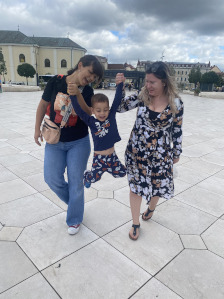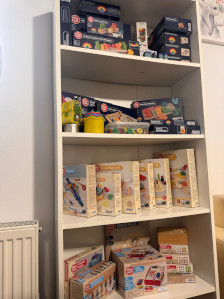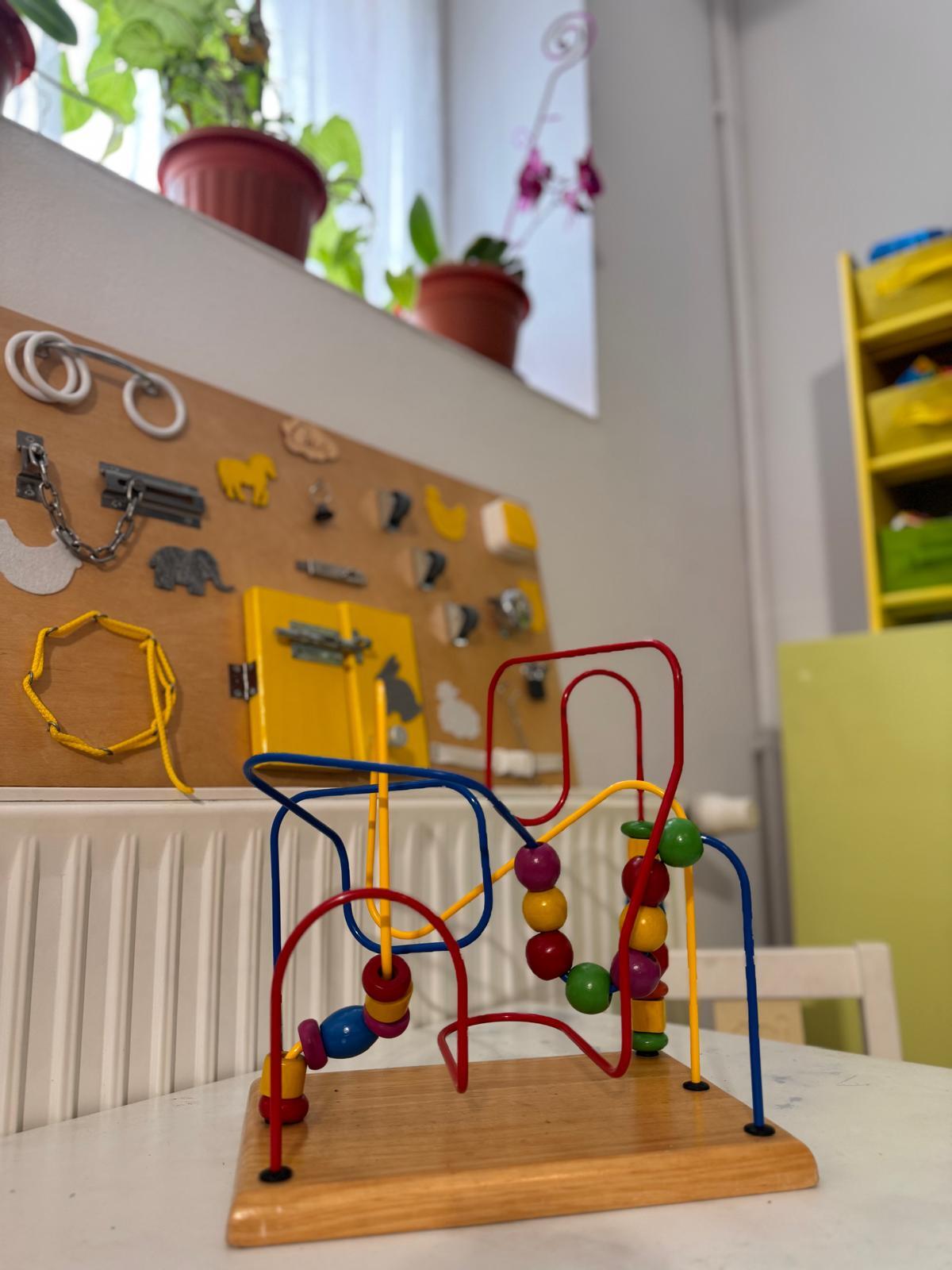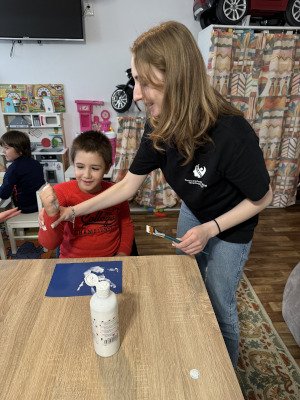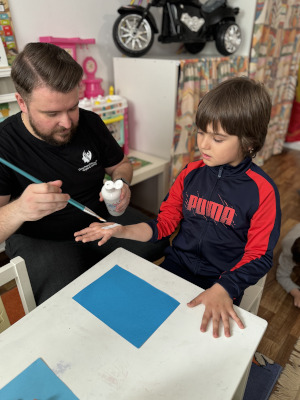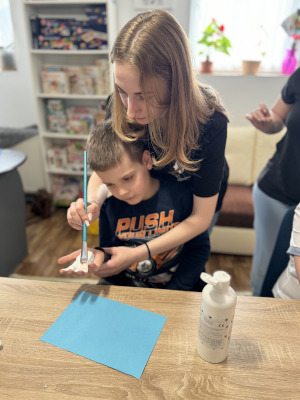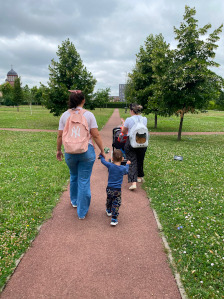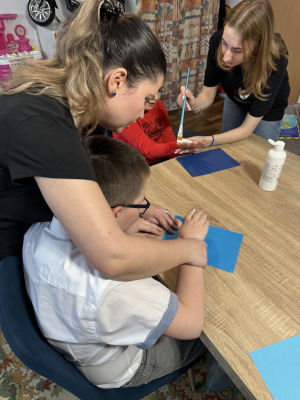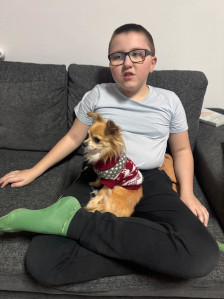ACTIVITIES
Activities offered by ”Brigitta&Cosmin” Psycho-Educational Center Association
What is psycho-oncology?
Psycho-oncology care is part of an evidence-based integrative approach to the oncology patient and addresses the patient's psychosocial needs.
Psycho-oncology, as part of interdisciplinary medicine, involves communication and cooperation between medical professionals and non-medical, proposing the promotion of the patient's responsibility and increasing his participation in the decision-making process, care, compliance with the therapeutic program and implicitly increasing his satisfaction with the treatment.
Psycho-Oncology is defined as a clinical subspecialty of oncology that relates to 2 dimensions:
• psychological reactions of cancer patients, of their families, in all stages of the disease
• psychological, social and behavioral factors, which can be considered causes of cancer and survival
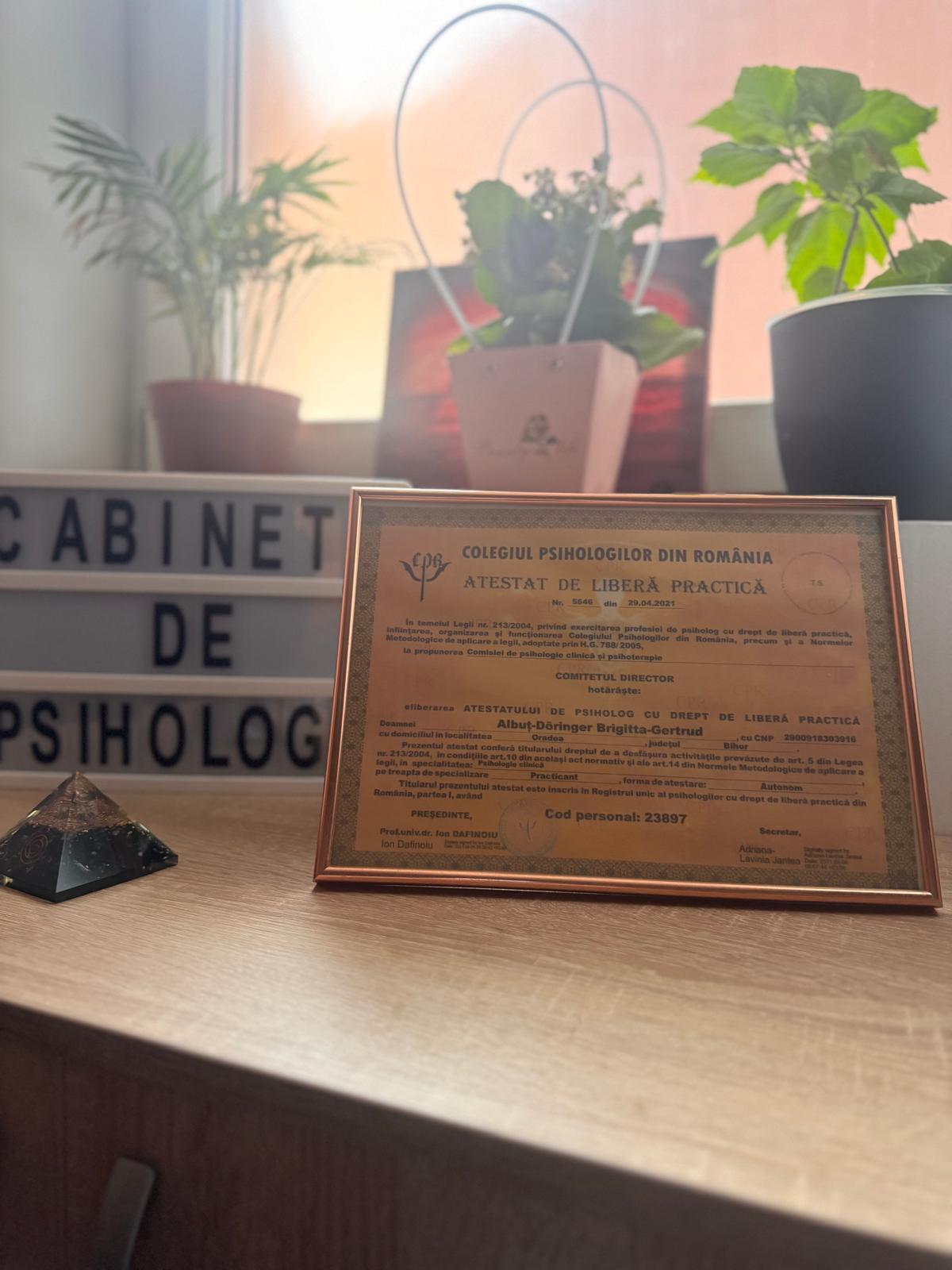
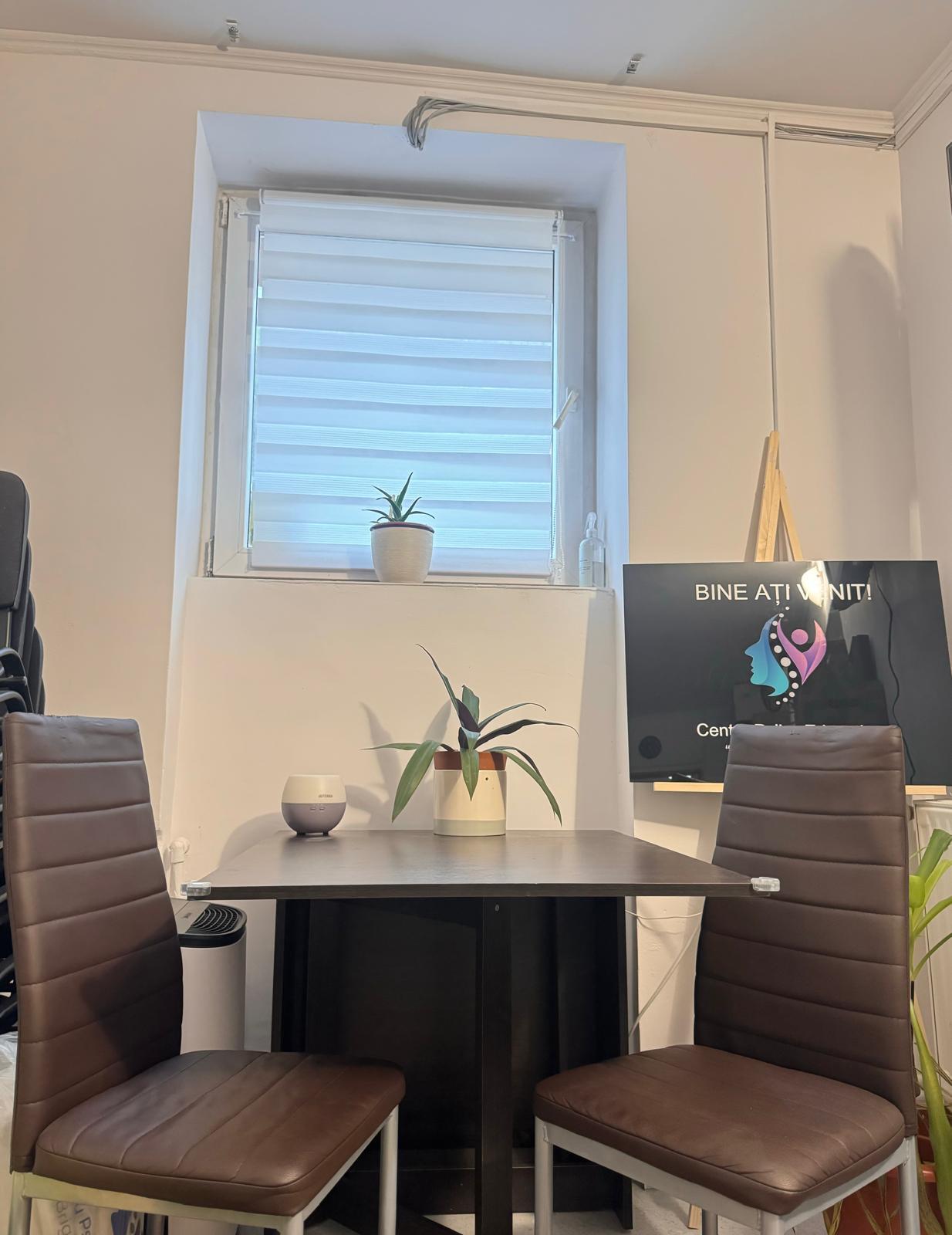
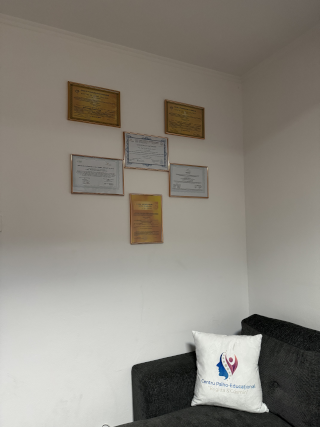
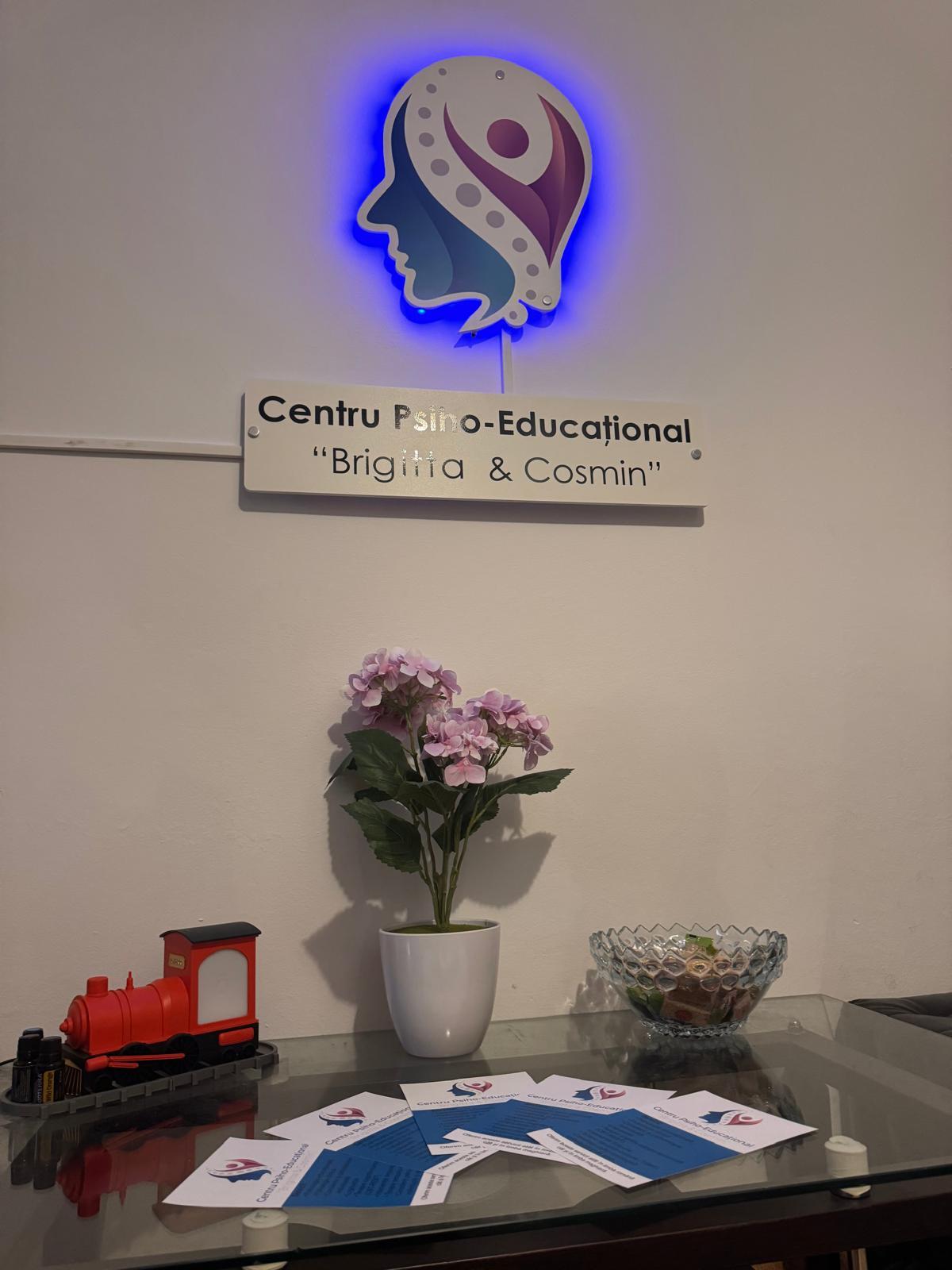
Psycho-oncological interventions
The main aspects of the psycho-oncological intervention refer to:
➤ providing a therapeutic environment where the patient can safely express their fears,
➤ the therapeutic relationship should bring a sense of safety and stability to the patient's life,
➤ focusing on a flexible theoretical paradigm will favor adaptation to changes that may occur in an environment
The role of psycho-oncological interventions
• To allow adaptation to diagnosis, surgery and oncological treatments
• To reduce the level of distress
• To reduce depression and anxiety
• To support patients with oncological pathology to achieve as much independence and a quality of life as possible as best as possible
• To encourage patients to develop self-help/emotional self-regulation skills to cope with the disease and the cancer disease trajectory (from screening, diagnosis, treatment, total remission or palliative care)
• I support the patient throughout the illness.
Psycho-oncological intervention techniques include:
➤ Guided discovery
➤ Agenda setting
➤ Supportive and collaborative therapeutic relationship
➤ Homework
➤ Learning cognitive and behavioral coping strategies
➤ Cognitive restructuring
➤ Other psycho-oncological intervention techniques: hypnosis and relaxation techniques, guided imagery, mindfulness techniques, expressive writing techniques
Psycho-oncological/supportive group intervention:
Effective in reducing distress, psychological problems and increasing the quality of life of cancer patients.
The main factors of success in a psycho-oncological group intervention are related to the social support of the group, the installation of hope, learning through modeling , psychosocial adjustment.
